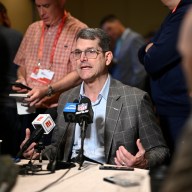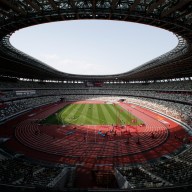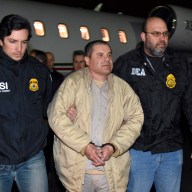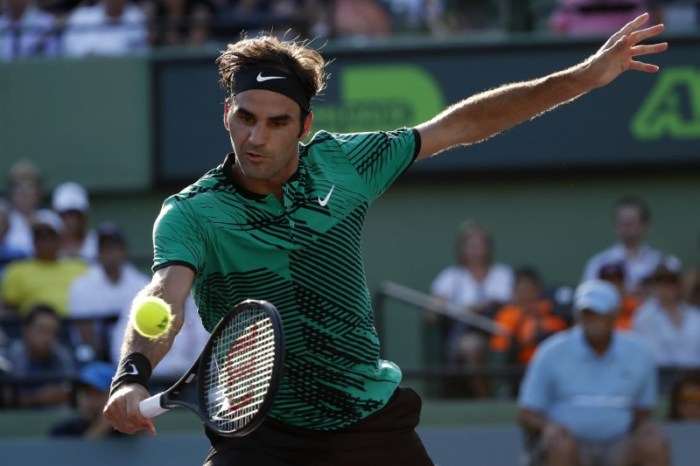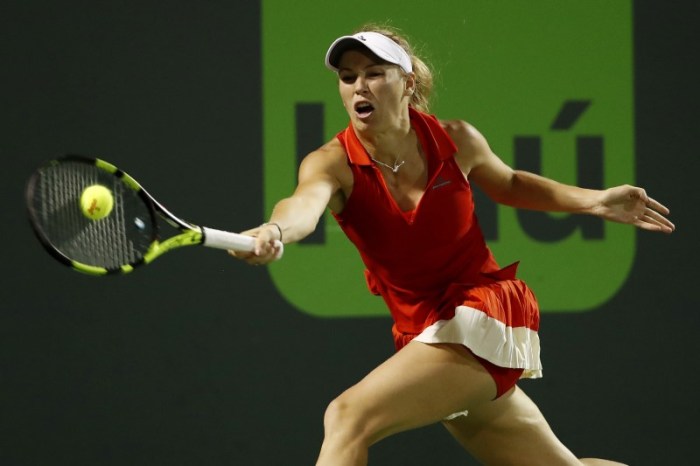By Brian Oliver
LONDON (Reuters) – Russian weightlifting is hoping to persuade the sport’s world governing body to overturn a planned new one-year ban after starting an anti-doping program that it says is an example others could follow. Less than a year ago, Russia was banned from the Olympic Games and severely criticized by the International Weightlifting Federation (IWF) for its “shocking and disappointing statistics” on doping. Now Russia is one of nine nations due to be suspended for a year because it had 10 weightlifting positives in the retesting of samples from the 2008 and 2012 Olympic Games. Any nation with three or more positives in those retests will be banned, but the start date for the exclusions will not be known until the retesting process and all appeals have been completed, probably within the coming weeks. The new president of the Russian Weightlifting Federation, Maxim Agapitov set out to change the culture of the sport after the Olympic ban, imposed by the IWF for bringing the sport into disrepute. Many top coaches have been suspended since he took charge in November. Agapitov is hoping he can persuade the IWF to rescind the new ban.
“We hope the suspension will be overturned by the IWF,” said Agapitov, who is seeking support from other federations.
“I have asked to speak about the suspension at the IWF executive committee when it meets in April. We hope that the IWF takes into account the changes we have instituted and the progress we have made, and that it also takes into account that we have already been penalized, severely, by being banned from the Rio Olympics. “We have spoken to major federations about their support for our participation.”
The IWF has did not respond to requests for comment about Russia’s proposal to put its case at the meeting.
COACHES REPLACED
While Kazakhstan – which has the worst doping record in the past five years, with 23 lifters banned and 10 more caught in the retests – has yet to announce any findings from an internal inquiry held six months ago, Russia has taken action. The head coaches of Russia’s national men’s and women’s teams have been replaced. All coaches of the 30 Russian dopers sanctioned since 2008, including the 10 who were caught in the retests, have been suspended pending further investigation. A new body will investigate how teams were prepared for past competitions and “create, if necessary, new methods”, said Agapitov, who has also introduced an anti-doping exam. Any lifters who fail it will not be allowed to compete. Half of the 98 doping positives in the retests, carried out by the International Olympic Committee, came from weightlifters. The other nations facing one-year bans are China, Kazakhstan, Belarus, Azerbaijan, Armenia, Turkey, Ukraine and Moldova. The Court of Arbitration for Sport has yet to announce the result of appeals against the bans by Kazakhstan and Belarus.
Agapitov, a world champion in 1997 when he was promoted from third place because of doping by the two ahead of him, was himself banned for two years in 1994 after testing positive.
“I don’t know how it happened,” he said. “There were some political games going on at the time, and it’s still a secret to me.”
Lack of knowledge about banned substances and regulations has been a huge problem in Russian weightlifting culture, said Agapitov. “The most important thing is education,” he said.
“Russia loves weightlifting and wants it to be fair for everyone. We are making good progress, and setting an example others could follow. We need a level playing field for all weightlifters from all countries.” That last comment has been made by others in the sport for years. Paul Coffa, head of the Oceania Federation who has been involved in weightlifting for more than 50 years, labeled the former Soviet Bloc “the Doping Bloc” last year. More than half of all positives in the past 10 years have been from former Soviet Bloc countries. Coffa said Russia’s reforms were “very impressive” but he could make no meaningful judgment early in a reform program necessitated by decades of doping.
(Editing by Mitch Phillips and Alison Williams)
Weightlifting: Russians hoping to overturn one-year ban
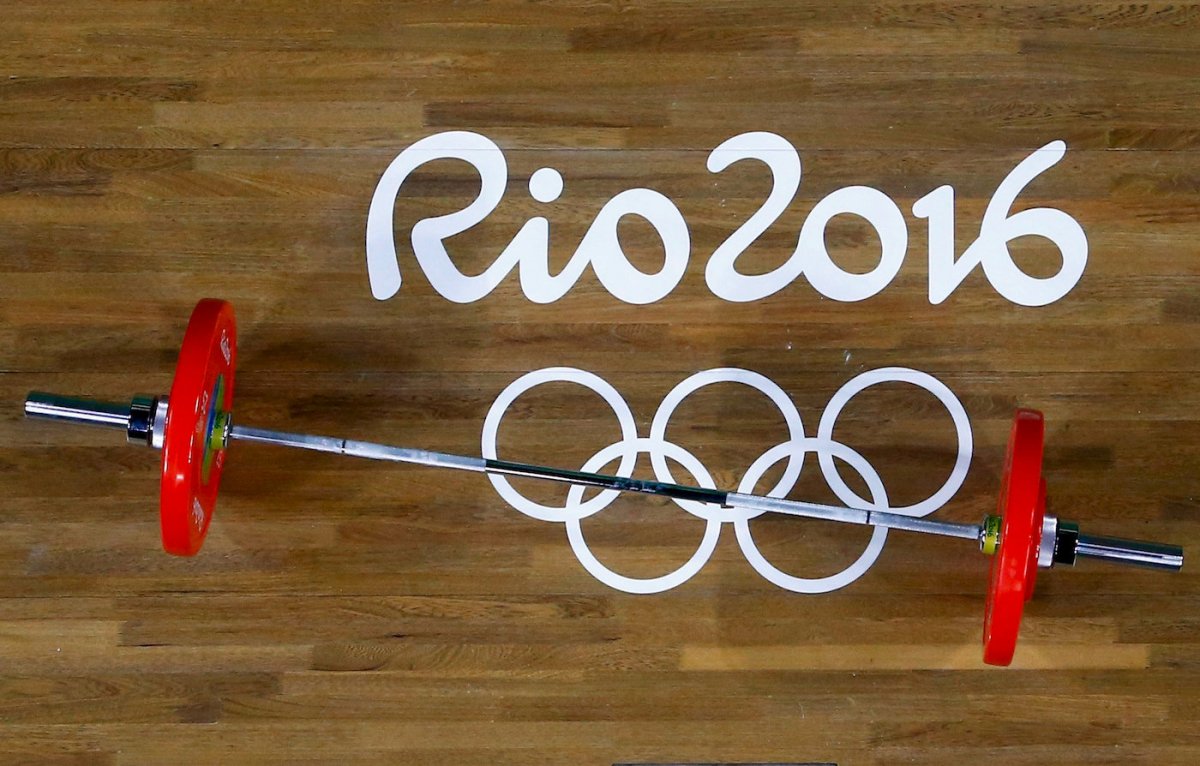
By Brian Oliver




